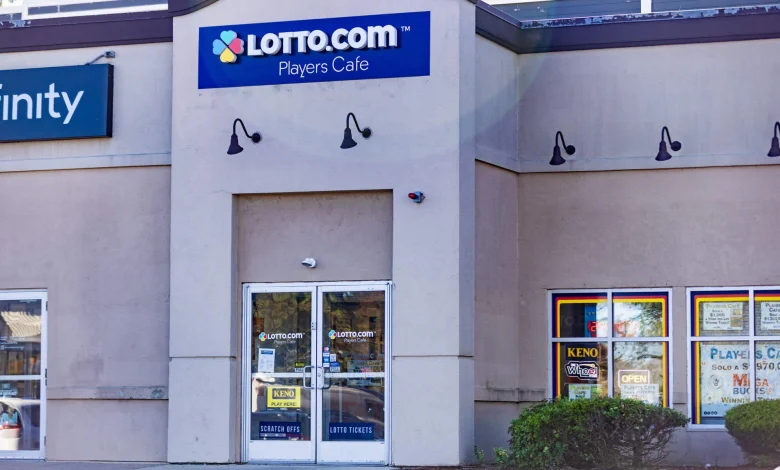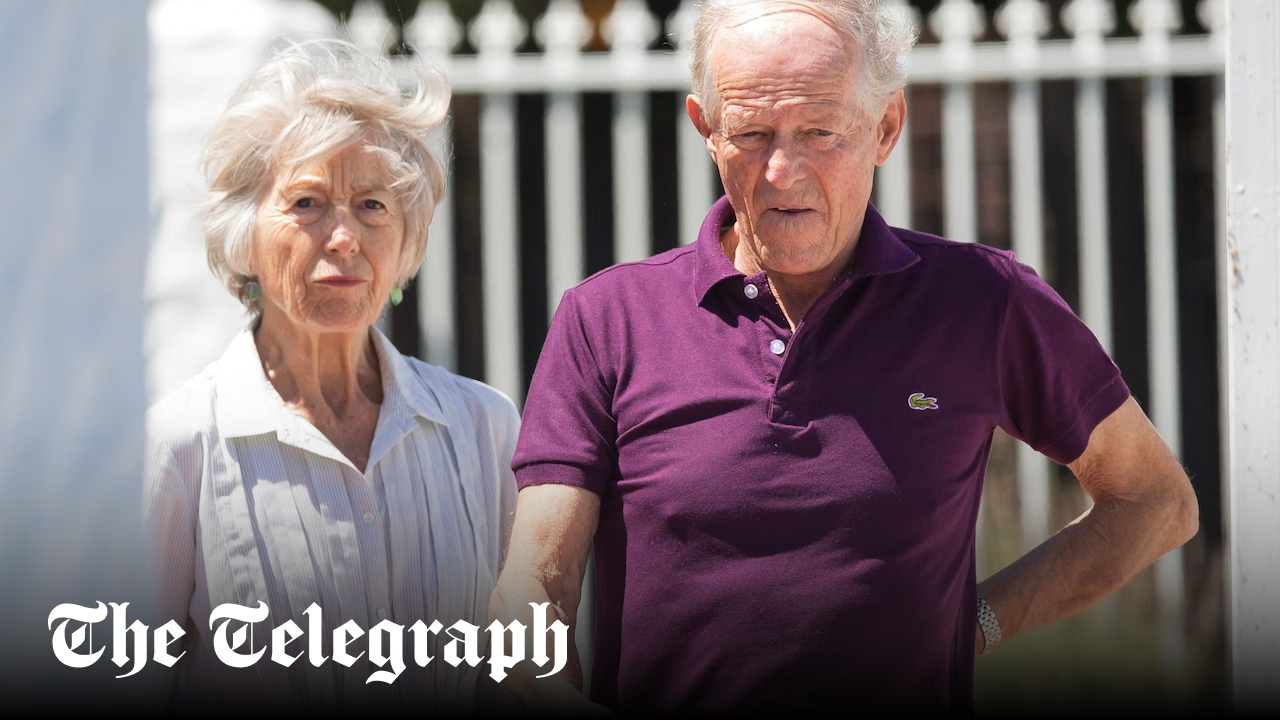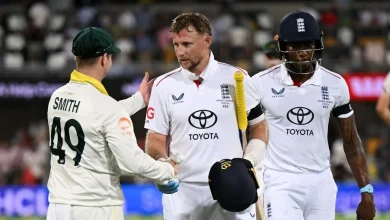More Mass. Lottery buyers scratch their itch online

The king of lottery sales in Massachusetts used to be a gas station in Methuen.
Ted’s Stateline Mobil on the New Hampshire border long ago replaced racks of snacks with tables for people to play lottery games. Its lighted sign outside alerts drivers to its “Keno Cafe” alongside the price of fuel. For years, former owner Tony Amico touted its status as the biggest seller of lottery tickets in Massachusetts.
But a small storefront in a North Andover commercial building, open for barely a year, has eclipsed Ted’s lottery sales so far this year, according to state records.
On a recent Sunday, there were no customers in Winners Corner, an authorized lottery retailer which also sells board games, dice and playing cards. But behind closed doors, the store has 18 lottery terminals that can churn out tickets sold online through Jackpocket, one of the country’s largest online lottery companies. Jackpocket was bought last year by DraftKings, the Boston-based sports betting company, which also owns the North Andover store through a holding company.
The subtle change from traditional lottery kiosks manned by a store clerk to online terminals reflects a big shift in how people gamble in Massachusetts. A growing number of customers buy lottery and scratch tickets online, upsetting some corner store and gas station owners. In addition, the Massachusetts State Lottery plans to start selling tickets itself online next summer.
Winners Corner has sold more than $49 million in lottery games online and in person this year through Oct. 4, more than triple the total for Ted’s, according to state lottery data. Ted’s, whose sales dropped 14% last year, moved to the No. 2. slot.
The store with the third highest sales is Players Cafe, a Boston convenience store in Hyde Park run by another online lottery company, Lotto.com, which started offering online sales in Massachusetts last year.
“It’s a really exciting time to be in this business in the U.S.,” said Thomas Metzger, chief executive of Lotto.com, based in Jersey City, N.J. “We are satisfying a need.”
Metzger said companies like Lotto.com cultivate new customers online, rather than take away business from existing retailers.
“We bring in these new customers who maybe have never played the lottery or haven’t played in a long time,” he said.
Massachusetts State Lottery Executive Director Mark William Bracken also downplayed the concerns about online sales taking away business from existing retailers.
“Most of the time, when someone’s a retail player, they stick with retail,” he said.
Companies like Lotto.com and Jackpocket let customers place orders on an app for lottery games and scratch tickets. They then scan the front and back of the tickets and notify players if they won. When customers win small amounts, the companies typically credit their accounts automatically. For bigger prizes, where tickets must be cashed in at a lottery office, the companies send the paper tickets to customers, or winners can pick them up at the store.
The companies make money by charging customers fees. For instance, Lotto.com adds a service fee of 12-30% to each order. By contrast, retailers earn a commission on every ticket sale and bonuses on any big winning ticket sold. Metzger said nationally sales have increased roughly 50% each year over the past two years. And he said there is room for much more growth ahead.
“We’re just starting to scratch the surface,” Metzger said. ”We’re still in the early days of digital sales.”
But others worry Metzger’s gain is their loss.
Amico, who owned Ted’s Stateline Mobil for 24 years before selling it in April, worries about the competition from online sales.
“It’s crazy the way it’s developing,” said Amico, who is retired. “They’re just hurting everybody.”
The current manager of Ted’s declined to be interviewed.
Robert Mellion, executive director of the Massachusetts Package Stores Association, represents liquor and general stores that sell alcohol and lottery tickets. He said he’s concerned those stores will see a loss of foot traffic due to the competition. Customers who buy lottery tickets often wind up purchasing something else when they visit a store, such as a case of beer or a couple bottles of wine, he said.
To obtain a lottery retail license in Massachusetts, companies must set up a physical location that sells something other than lottery tickets to the public. Winners Corner in North Andover offers board games and cards out of its store in a building that has drain cleaning, landscaping and pest control companies. DraftKings, the parent company of Winners Corner, declined an interview request.
Metzger said Players Cafe in Hyde Park sells beverages, snacks and pet supplies. Online companies like Lotto.com and Jackpocket are commonly called “couriers,” because they say they buy the tickets from licensed lottery retailers and then deliver them to customers.
In other states, online companies have clashed with regulators or politicians. Texas lawmakers recently banned online lottery sales through couriers after officials raised concerns that a group had arranged to buy virtually every possible number combination to win a $95 million jackpot in 2023. And Ohio lottery officials recently suspended Jackpocket sales there, saying the company failed to comply with existing rules for lottery retailers.
Bracken, the state’s lottery director, said he hasn’t noticed any problems with couriers in Massachusetts.
“ I’m not saying we will never regulate couriers, but it’s not at the point where we feel as though we have to regulate couriers,” he said.
When the state starts to sell tickets online next year, it will compete against existing online lottery companies and retailers. But Bracken said he isn’t worried; The Lottery plans to offer new games, in addition to traditional jackpot drawings like Mega Millions and Powerball.
He also noted that Massachusetts has the highest per capita lottery sales of any state. The average person spends more than $840 per year on tickets in the state, according to state lottery data.





